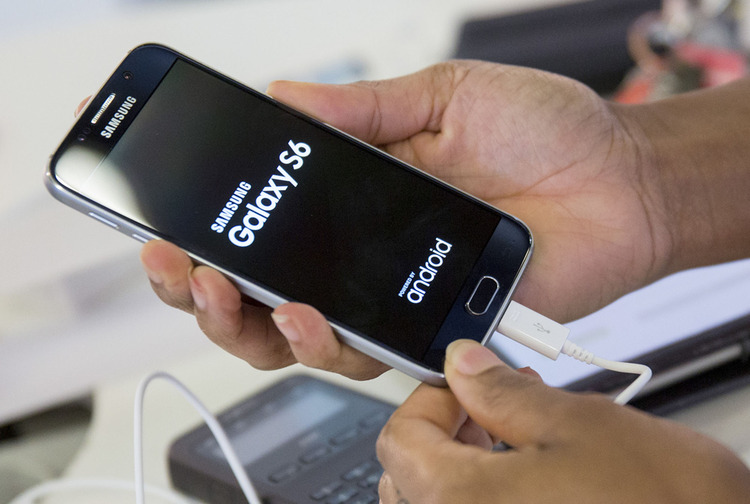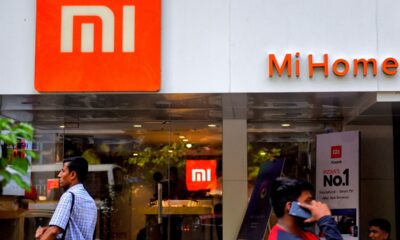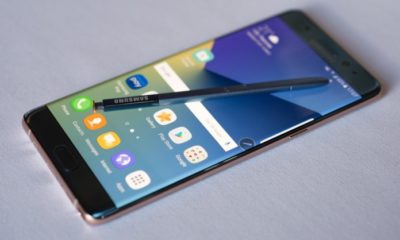Technology
Worst Profit in The First Quarter Forces Samsung to Cut Back Memory Chip Production
The company’s quarterly operating profit decreased by 96 percent compared to the same period last year, worse than the two-thirds decline it suffered three months prior

Technology
Starlink Pulls Plug on Ghana, South Africa, and Others
Technology
Nigeria’s Broadband Penetration Stalls at 42.53% Amid Connectivity Challenges
Technology
iPhone Shipments Drop Amid Resurgence of Android Rivals
-

 Forex2 weeks ago
Forex2 weeks agoZiG to the Rescue: Zimbabwe Shifts Gear with New Currency Backed by Gold
-



 Naira2 weeks ago
Naira2 weeks agoDollar to Naira Black Market Today, April 9th, 2024
-

 Billionaire Watch1 week ago
Billionaire Watch1 week agoNigerian Billionaire Tony Elumelu Contemplates Acquiring NPFL Club
-





 Naira2 weeks ago
Naira2 weeks agoDollar to Naira Black Market Today, April 8th, 2024
-





 Naira1 week ago
Naira1 week agoNaira Hits Eight-Month High at 1,120/$ Amidst Central Bank Reforms
-





 Naira4 weeks ago
Naira4 weeks agoDollar to Naira Black Market Today, March 26th, 2024
-

 Nigerian Exchange Limited4 weeks ago
Nigerian Exchange Limited4 weeks agoNigerian Exchange Adds N74bn, Erases Three-Day Losses
-



 Naira3 days ago
Naira3 days agoDollar to Naira Black Market Today, April 17th, 2024




















